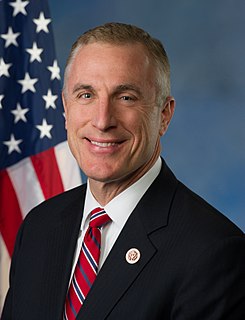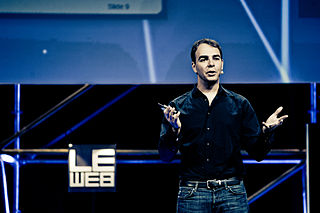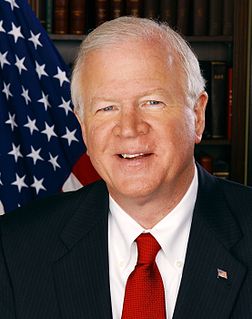A Quote by John Roberts
We cannot deny that our decision today will have an impact on the ability of law enforcement to combat crime. Cell phones have become important tools in facilitating coordination and communication among members of criminal enterprises, and can provide valuable incriminating information about dangerous criminals. Privacy comes at a cost.
Related Quotes
The law enforcement authorities have got a fairly good idea of who are these principal criminals. Who are the people, for instance, who receive the cell phones? When a young person goes and snatches a cell phone, there's someone who is sitting somewhere who receives this. Lots of this kind of crime.
While the machinery of law enforcement and indeed the nature of crime itself have changed dramatically since the Fourth Amendment became part of the Nation's fundamental law in 1791, what the Framers understood then remains true today - that the task of combating crime and convicting the guilty will in every era seem of such critical and pressing concern that we may be lured by the temptations of expediency into forsaking our commitment to protecting individual liberty and privacy.
I don't think a reporter necessarily becomes an arm of law enforcement. I think a reporter is like any other citizen. If a citizen can do his or her duty as a witness, if they have information about a crime, or if they have information about a criminal group, I think that there's a duty on the part of the citizen.
One metaphor for how we are living is that you see so may people with cell phones. In restaurants, walking, they have cell phones clamped to their to heads. When they are on their cell phones they are not where their bodies are...they are somewhere else in hyperspace. They are not grounded. We have become disembodied. By being always somewhere else we are nowhere.
Coalition [against ISIS] need the tools. And the tools involve encryption where we cannot hear what they're even planning. And when we see red flags, a father, a mother, a neighbor who says we have got a problem here, then we have to give law enforcement the ability to listen so they can disrupt these terrorist attacks before they occur.
Here in Washington State, I've supported efforts to provide our law enforcement with the proper training and resources required to meet their changing and demanding needs of their job. In doing so, I feel that the community and the law enforcement relationship will gratefully benefit from a renewed sense of responsibility and accountability.
When I worry about privacy I worry about peer-to-peer invasion of privacy. About the fact that anytime anything of any note happens, there are three arms holding cell phones with cameras in them or video records capturing the event ready to go on the nightly news, if necessary. And I think that does change a lot our sense of what is going on in our neighborhoods.


































